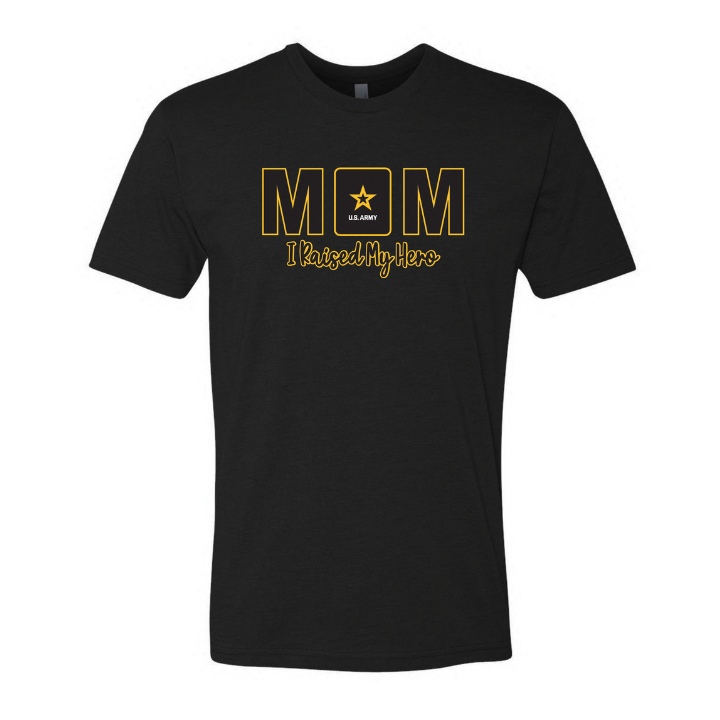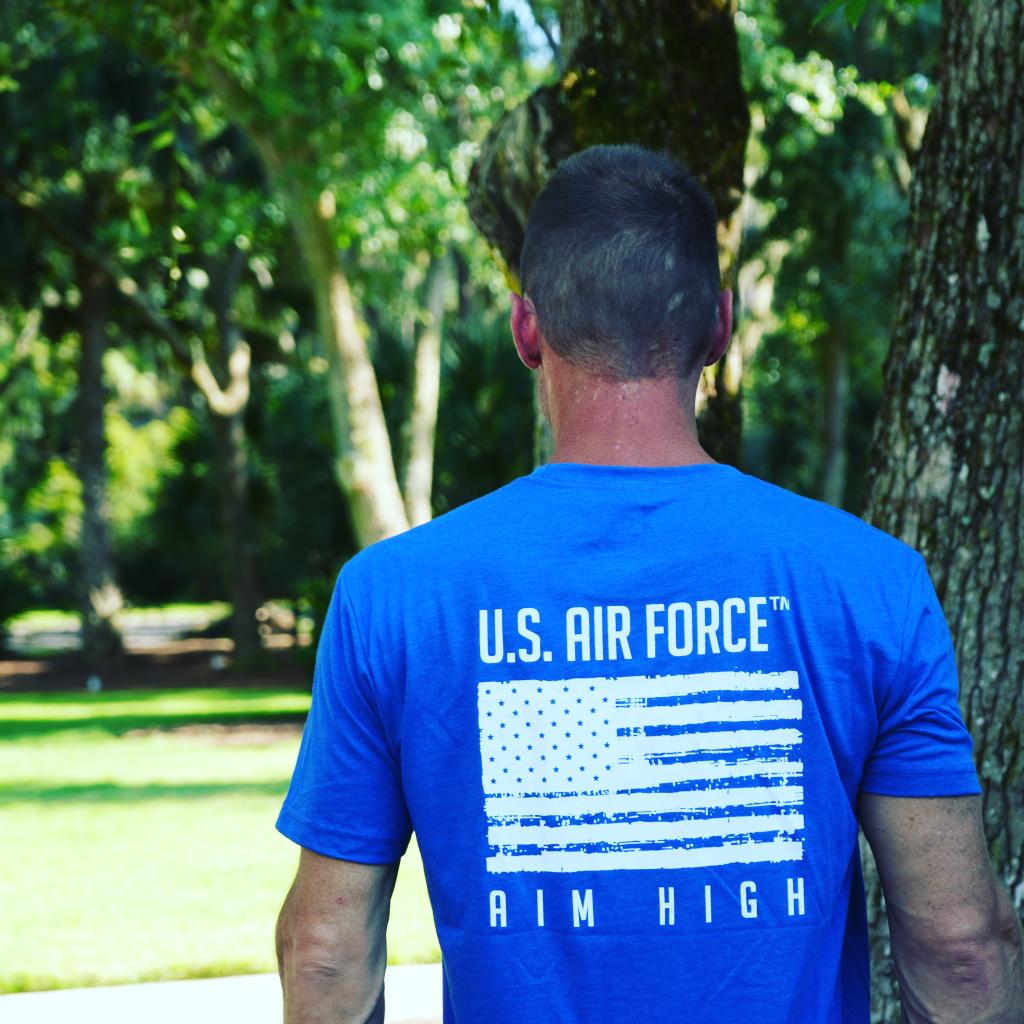When your loved one joins the military, one of the first things you’ll hear about is their job code — MOS, AFSC, Rate, Rating, NEC, or Designator.
These terms can feel confusing at first, but they’re actually simple once you know how each branch names its jobs.
This guide breaks everything down in a clear, family-focused way so you can understand:
- what each job code means
- how jobs are chosen
- how each branch labels its specialties
- what these codes say about your service member’s role
- why they matter for training, career paths, and unit assignments
Let’s make it easy.
Military Job Code System at a Glance
Here’s the quick comparison:
| Branch | Job Code Name | Example |
|---|---|---|
| Army | MOS (Military Occupational Specialty) | 68W = Combat Medic |
| Air Force / Space Force | AFSC (Air Force Specialty Code) | 1N0X1 = Intelligence |
| Navy | Rate + Rating | HM2 = Hospital Corpsman (E-5) |
| Marine Corps | MOS (same name, different numbers) | 0311 = Rifleman |
| Coast Guard | Rating & Specialty | ME = Maritime Enforcement |
Now let’s break them down so every family understands what their service member does.
U.S. Army — MOS (Military Occupational Specialty)
The Army uses MOS codes, which are two digits + one letter (sometimes more for advanced sub-specialties).
Examples:
- 11B — Infantry
- 68W — Combat Medic
- 19D — Cavalry Scout
- 42A — Human Resources
- 25B — Cyber & IT
- 12B — Combat Engineer
What the MOS Code Tells You
- their skill type
- their training path (AIT or OSUT)
- their first duty station
- their unit type (infantry, armor, aviation, logistics, etc.)
MOS drives:
- training length
- duty station
- promotion path
- deployment likelihood
- specialty schools
Families often become proud of “their Soldier’s MOS” as their identity develops.
U.S. Marine Corps — MOS (Same Name, Very Different System)
Although the Marine Corps also uses the term MOS, their numbers are 1000–8999, and categories are grouped by hundreds.
Examples:
- 0311 — Infantry Rifleman
- 0331 — Machine Gunner
- 5811 — Military Police
- 3531 — Motor Transport
- 0621 — Field Radio Operator
Marine MOS Categories:
- 01xx — Admin
- 03xx — Infantry
- 35xx — Motor Transport
- 58xx — Law Enforcement
- 60xx–70xx — Aviation
MOS determines:
- whether they go to SOI or MCT
- their first unit
- advanced schools
Marine MOS pride runs extremely deep.
U.S. Air Force / Space Force — AFSC (Air Force Specialty Code)
The Air Force and Space Force use AFSC codes, which look like this:
1N0X1
(one number + letter + number/letter)
Breakdown:
- 1 = Operations
- N = Intelligence
- 0 = Specialty
- X = Skill level
- 1 = Sub-specialty
Examples:
- 1N0X1 — All-Source Intelligence
- 3D1X2 — Cyber Transport
- 2A5X1 — Aerospace Maintenance
- 4N0X1 — Medical Technician
AFSC codes cover:
- technical roles
- intelligence
- aircraft maintenance
- cybersecurity
- space operations
- medical specialties
Air Force careers are known for strong technical training and long-term career growth.
U.S. Navy — Rate & Rating (Very Different From Other Branches)
The Navy job system is unique.
Rating = the job specialty
Examples:
- HM — Hospital Corpsman
- AO — Aviation Ordnanceman
- MA — Master-at-Arms
- IT — Information Systems Technician
Rate = their rank or paygrade
Examples:
- SR — Seaman Recruit
- PO3 — Petty Officer Third Class
- CPO — Chief Petty Officer
When combined, they form a single identity:
Example:
HM2
- HM = Hospital Corpsman
- 2 = Petty Officer Second Class
Navy job identity is tied heavily to:
- warfare pins (SW/AW)
- ship or submarine assignments
- ratings communities
- traditions
Families quickly learn the pride of saying: “My son is an Aviation Machinist’s Mate.”
U.S. Coast Guard — Ratings (Similar to Navy)
The Coast Guard uses a structure nearly identical to the Navy.
Examples:
- ME — Maritime Enforcement
- BM — Boatswain’s Mate
- MK — Machinery Technician
- HS — Health Services
- AMT — Aviation Maintenance Technician
Coast Guard Ratings Drive:
- whether they’re stationed afloat or ashore
- coastal or aviation units
- training pipelines
- school availability
Coast Guard careers vary widely, from boat crews to aviation to law enforcement.
How Service Members Receive Their Job Codes
Job selection varies by branch but generally includes:
- ASVAB scores
- physical qualification
- security clearance needs
- availability
- personal preference
- operational needs of the military
Some jobs are highly competitive; others are always in demand.
Why Understanding Their Job Code Matters
Every job code tells a story:
- where they’ll train
- how long school lasts
- what daily life will look like
- where they might be stationed
- what their career path will be
- what gear and apparel they may want
- what family apparel fits them best
For example:
- A 68W (Army Combat Medic) may want medical-themed pride items.
- An 0311 (Marine Rifleman) often wants infantry-based designs.
- An AFSC 1N0X1 (Intel) often wants wing/squadron gear.
- A Navy HM (Corpsman) might want Corpsman-specific apparel.
Frequently Asked Questions
Is an MOS the same thing as a job?
Yes. MOS (or AFSC/Rating) is the official code for their job.
Can service members change their job code later?
Sometimes — depends on branch needs and performance.
Does MOS or AFSC affect deployments?
Yes — some specialties deploy more than others.
Does their job determine their duty station?
Often yes. Certain bases only host certain specialties.
Is AFSC the same for the Space Force?
Almost identical — shared structure with small differences.
Celebrate Their Specialty With Purpose-Driven Apparel
Families LOVE wearing apparel connected to their service member’s specialty. It helps them feel connected to:
- their training
- their mission
- their MOS/AFSC/Rating community
- their future unit
👉 Shop Army MOS, Marine MOS, Navy Rating, Air Force AFSC & Coast Guard Specialty Apparel
👉 Explore Graduation & Proud Family Collections
👉 Order Custom Apparel for Units, Platoons & Specialty Groups
Oak & Liberty is proud to support military families as they celebrate their service member’s career path — from MOS school to their first unit and beyond.




